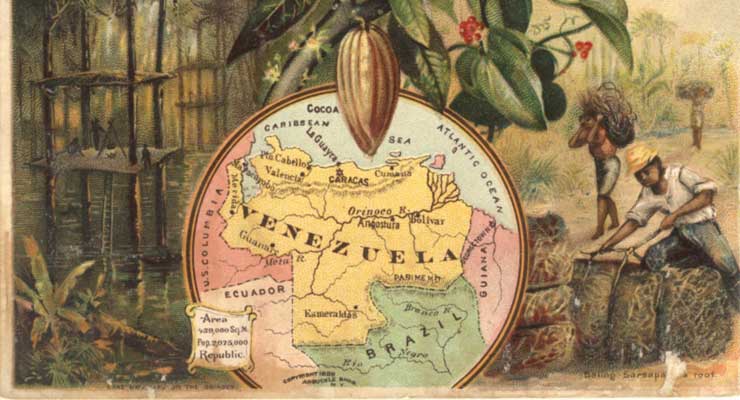
Nicolas Maduro’s attempts to remain in power have plunged Venezuela into a deep socio-political and economic crisis that has created the problematic of how to save Venezuela.
The US, Canada and a set of Latin American countries have made attempts to force the dictator out of power. This underscores Chrystia Freeland’s to visit Cuba where the Canadian top diplomat attempt to press Cuba to mediate in the Venezuelan stalemate.
However, on how to save Venezuela and return the country to the path of democracy, freedom and growth, Andres Velasco, a former presidential candidate and finance minister of Chile, and Dean of the School of Public Policy at the London School of Economics and Political Science, has argued that “the international community [must] provide support in at least three key areas.
First, it should immediately recognize the need for large debt reduction, rather than attempting to postpone the inevitable for years; second, the IMF and the other multilaterals will have to provide emergency balance-of-payments support, and; third, grants will be needed to meet urgent humanitarian needs and to prevent foreign debt from building up too fast once again.“
Velasco states that none of this will, however, “happen unless and until Venezuela gets a new, legitimate government with full control of the situation on the ground.” He argues that
Dialogue will indeed be necessary to end the Venezuelan catastrophe. But the international community should not make the mistake of treating talks as a meeting of two parties of good will in need of friendly encouragement to subordinate their differences. Maduro heads a dictatorial regime that inflicts violence and suffering on a daily basis. The representatives of the National Assembly – Guaidó’s camp – are democratically elected officials who have been on the receiving end of that violence. Talks will not bear fruit unless the world’s democracies apply maximum diplomatic pressure on Maduro.
Read more here.
Leave a Reply